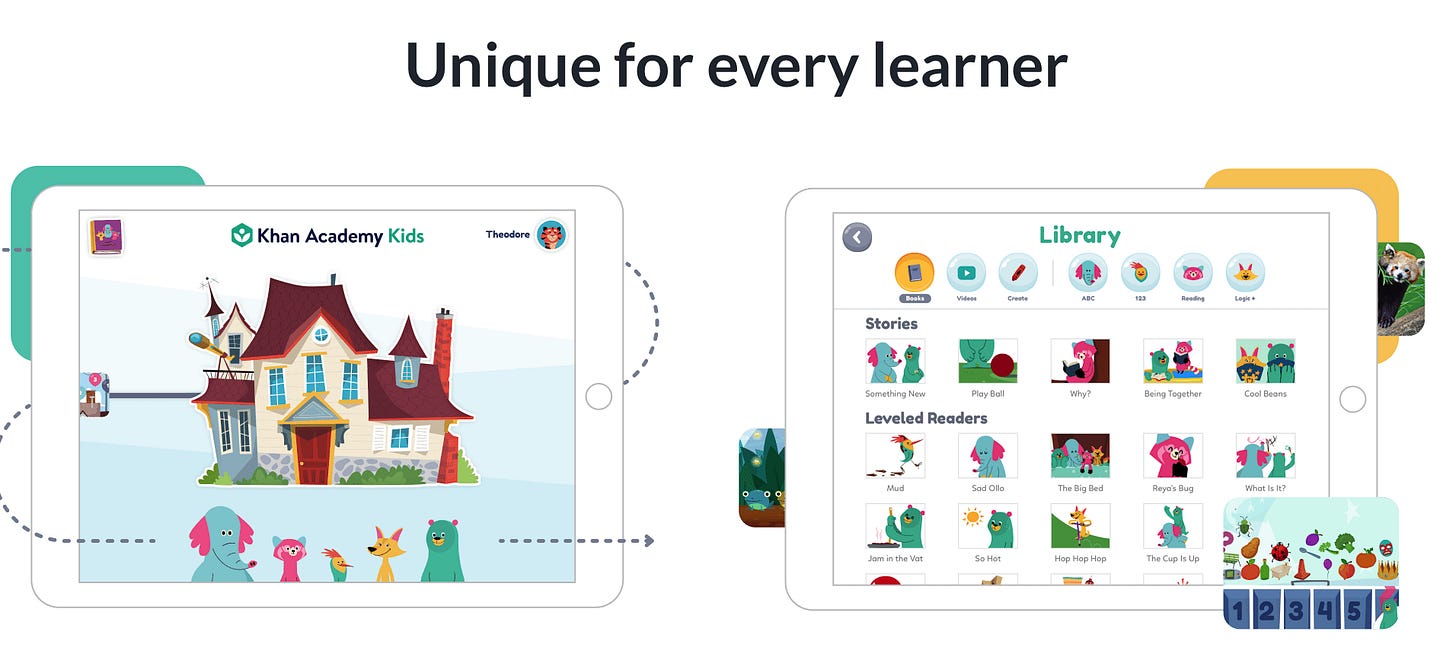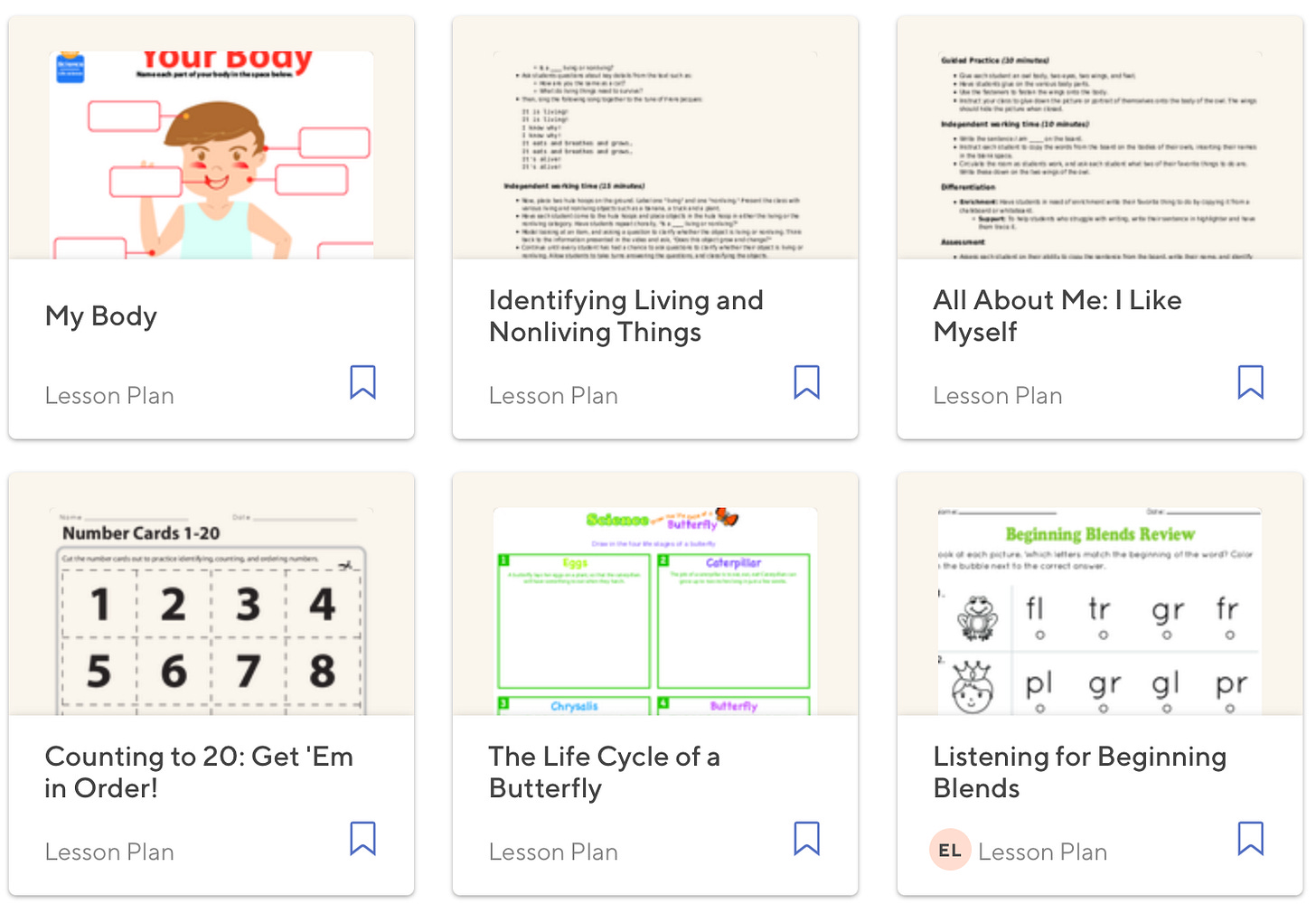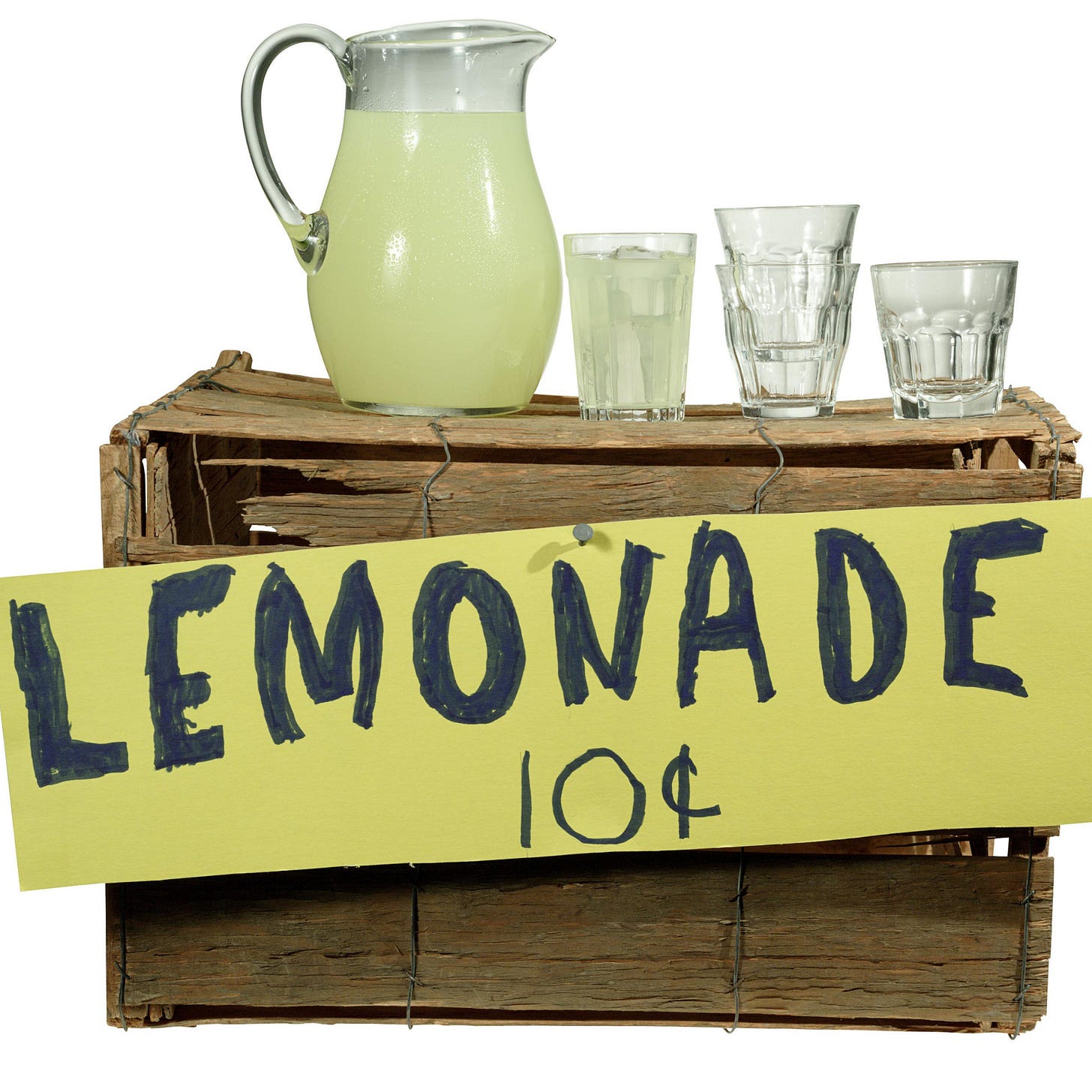Here's an Idea: Build an Open Source Curriculum
How a GitHub-type of curriculum could help with personalized learning.
Many parents are having to choose between virtual learning or in-person learning this fall. Some are creating some version of it through pandemic pods and micro-schools in their garage and homes, but what about the curriculum?

What if we build an open source curriculum? Imagine a place where parents can upload what helps their child learn each skillset, so they have a resource of thousands of ways to explain a concept.
Is it Possible to Decode Learning like Software Code?
Apps such as Mathpapa takes algebra and provides step-by-step help. For math and science concepts, Brilliant breaks down concepts and engages with quizzes along the way. As great as these apps are, I can’t help but feel like I need a dashboard to keep track of all these apps and tools.
I’ve been thinking about this open source curriculum concept ever since we went for a preschool tour back in January before Covid-19 quickly turned learning virtual. We asked to see the curriculum because we wanted to see what our child would learn in the pre-K class and the Kindergarten class. But they said it was proprietary information and said that we could not see it. Eventually after asking the executive staff for permission, we were able to quickly skim the lesson plans for the year. We also toured a few different preschools - and learned that in some cases the teachers were responsible for developing their own lesson plans, but in other cases, they were instructed to strictly adhere to the ones given.
Also, there are many resources for when parents seek out sleeping training help for their baby or when they are potty training their toddlers, but what about when your kid wants to learn algebra ahead of schedule or wants to learn how to read? Is there a crowdsourced place a parent can go to get ideas about how to help their kid advance at their own pace?
Apps Gamify Curriculum
Khan Academy Kids, a free app, does this in a visually impressive way. However, the program assumes that the level of material corresponds to the kid’s age, and also that reading level and math level are the same based on the kid’s age. In that way, it misses the personalized learning aspect. One way around this is to adjust the level of learning to each skillset by setting up 2 different profiles for your kid. It is still one of the best learning apps out there, so if your kid is between the ages of 2-7, I would highly recommend it.

Marco Polo Learning is another app for ages 3-7, which has STEAM and literacy curriculum baked into the app. Download a free trial (and get a subscription for 50% off) to have access to over 500 video lessons and over 3,000 learning games. The app is unique in that it is built by PhD early childhood education experts as well as children’s media professional for a polished and engaging way of delivering educational information.
Even the new age educational content is all organized by age (and grade level) and not skillset. Even Outschool classes are sorted by age range, instead of skill. We had our first experience of being withdrawn from class because my son was too young for the enrolled class.
I am new to looking over curriculum, so please excuse me if what I am saying is obvious to you because you’ve been through the school system many years over.
Too Much Information. Where’s the Ultimate Guide?
MIT OpenCourseWare has been around for a long time and I will always think if it fondly as I remember using the content while I was studying engineering. But it’s not exactly what I had in mind.
There is Edutopia, which introduces the concept of open educational resources (OER). It is focused on providing teachers with material that is open source so that they can remix it and save time.
There are many apps that help personalize learning such as Nearpod, which helps teachers curate multimedia lesson plans for each student.
So while teaching resources might be opening up, there still isn’t a go-to place for parents.
Here’s an attempt to crowdsource it on Twitter.
Link sharing of resources tends to happen a lot in Facebook groups too. And some parents will add the links to a spreadsheet and share that out. But, this still doesn’t solve the problem of being able to access the curriculum and educational content in an easy way.
Wikiversity is a start. Core Knowledge allows you to download curriculum for free. There’s clearly a market for lesson plans as demonstrated by Teachers Pay Teachers. Education also has lesson plans that you can print out or digital games that help explain concepts.

The Future of Education
The tremendous shift in education that we are feeling right now in 2020 reminds me of when magazine articles were put online just as they appeared in print. But online writing and blogging became its own thing entirely. Now that parents are having a more hands-on role, it is time for educational content to become democratized in the same way Twitter, Facebook, and blogs have forever changed media.
I’m starting to see pieces of the puzzle come together. But there is a lot of information out there and it takes time finding technology and content that work for each kid.

So what does the future of education look like? Perhaps it looks exactly how it does now, but more goes online. Perhaps it is a mix of virtual reality headsets, zoom classes, and an AI tutor. I’m going to guess it will involve playing video games and publishing books. Kids can set up a shop on Shopify, rather than sell Lemonade as their first business.
I believe what could have a huge impact now is building an open source curriculum. Then anything is possible.




